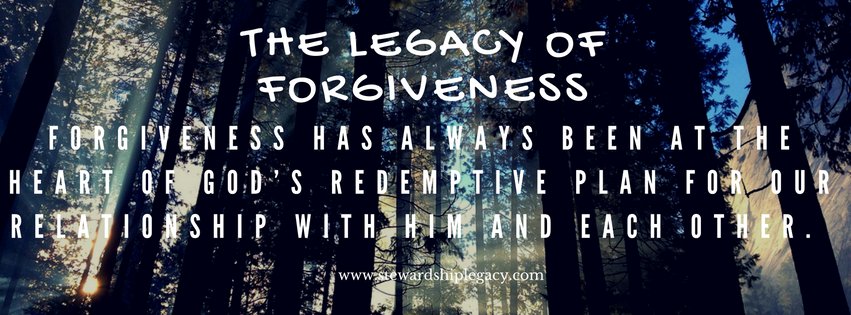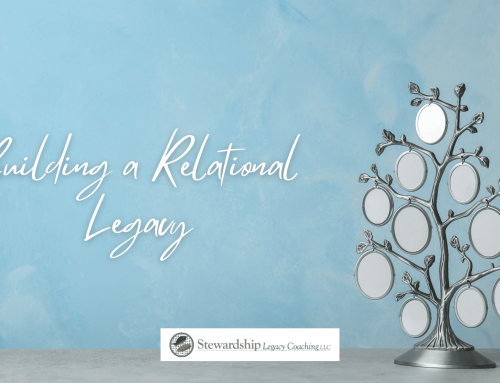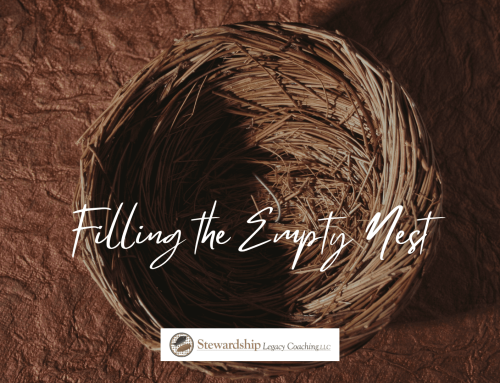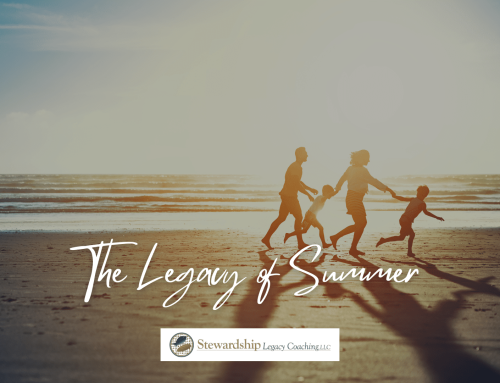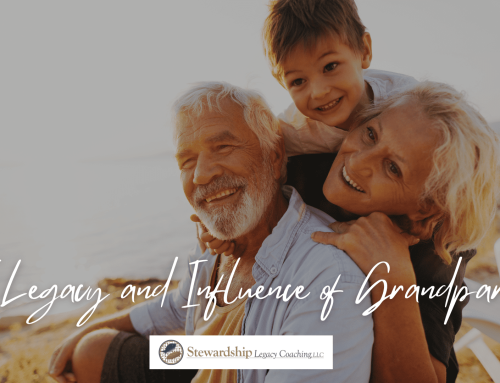Forgiveness has always been at the heart of God’s redemptive plan for our relationship with him and each other. Navigating through sin, emotions and consequences can make choosing forgiveness challenging, but once the decision is made to forgive, the peace that follows and the fruit borne confirm the choice.
August 7th is International Forgiveness Day and provides an opportunity to be reflective and to contemplate our lives and take an inventory of what undone business we might have in the department of forgiveness.
Taking apart the process of forgiveness, we can explore the affect that motivation and intentionality have on our willingness to extend and accept forgiveness.
Unconditional. The foundation for forgiveness was laid by God Himself. It was not dependent on man earning it, and it was given freely to all. It was not deserved, perhaps not even sought, but nonetheless offered. In our families, businesses and ministries, we have the same choice in front of us. When someone violates our trust, hurts us or sins against us, accusing or judging them just finds fault, but offering and extending forgiveness brings redemption for all involved. Just as Christ left an unsurpassed legacy of forgiving enemies, He enables us to leave a legacy of forgiveness in our homes, ministries and workplaces.
Humility. Forgiveness has two necessary components: seeing our need of forgiveness and accepting it. In our pride, we can often think we do not need forgiveness, or think we can earn it ourselves, but the willingness to ask for forgiveness and then also forgive ourselves when we recognize our need of it, takes humility. When we see that we are recipients ourselves of unmerited grace, we, like the parable of the unmerciful servant, are compelled to offer that same grace and forgiveness.
Obedience. As hard as it might be for our flesh to offer unconditional forgiveness, Jesus put it simply – if we do not forgive, then we will not be forgiven. God wants to spare us from the fruit of living a life characterized by unforgiveness – bitterness, anger, depression and hatred. He can help us to do what is right and to let go of the fear of being taken advantage of when we focus on pleasing him and obeying His command to forgive. The old adage is true – forgiveness is as much for the one forgiving as the one being forgiven.
Before the Garden of Eden, before we were formed, in His sovereignty God knew we would sin. He would have been justified to avoid creating us altogether or to condemn us once we chose our path of sin. But He chose to create us in His love, instead, and to plan His salvation for our wayward souls before we ever were.
This legacy of forgiveness that God laid, that would see our propensity and ultimate election to sin against a Holy God and choose to lay down His life for us, anyway, is beyond words. This same God is able to help us extend forgiveness to others, to allow mercy to triumph over judgment and for forgiveness to become our legacy, too.
Contributor: Denise Pass, Executive Assistant to Jeff Rogers, Stewardship Legacy Coaching

